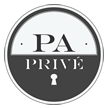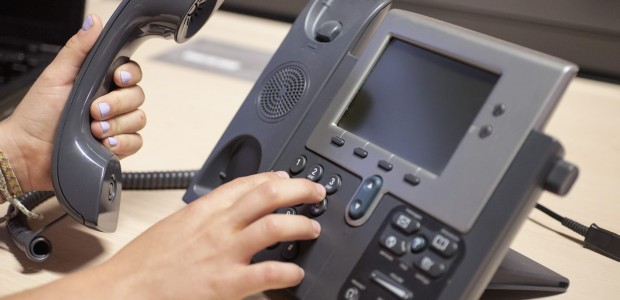The job hunt is a gruelling and arduous time in any professional’s life – we’ve all been there and can attest to as much. However, it’s precisely because it’s such a pain that you need to get smart about how you approach it, and following up throughout the process can often be one of the most useful, yet regularly overlooked, tools at your disposal.
But if you’re hesitant about how to go about it, or indeed when to make that extra, seemingly unnecessary bit of contact, then see below for our guide on following up during the job hunting process.
The first thing you might be wondering is – what’s the point? You’re either going to get the job, or not, right?! Well, wrong. Recruitment consultants and HR professionals alike are busy people, so staying relevant and at the forefront could be vital towards getting the job. Following up will also reinforce that you’re interested in the job, while demonstrating a sense of determination and diligence to your potential future employer.
The next big question, of course, is should you follow up? In almost all cases, we’d advise that it’s a worthwhile exercise, and definitely one that’s unlikely to work against you. However, in some situations, it can be best to hold back: If you’ve applied via an online portal or have received an automatic response indicating that “due to the high volume of applications” you might not hear back, then it’s probably best to not call after a couple of days. The rule of thumb seems to be that if the employer or recruiter has made an effort to stop masses of applicants from taking up their time, then try not to take up any of their time.
As we’ve mentioned, following up is an opportunity for you to continue expressing your interest in the role as well as demonstrating a tenacity which could give you the edge in obtaining it. So when should you demonstrate these traits? Whenever possible, but without becoming overbearing. Waiting several days after a submission before following up is essential – you want to seem keen, not desperate. If the process drags on and you still haven’t heard, feel free to chase up on the progress of your application. Likewise, if you’re invited for an interview – or indeed, interviews – use the opportunity to follow up and start building a rapport.
Now that you’ve made the decision to follow up on your application, what’s the best way to go about it!? Well, if it’s an initial contact following a submission to your application, a brief note requesting and update and offering any additional details that they might require is the best place to start. If that process drags, by all means pick up the phone and, while apologising for taking up their time, ask whether you’re still in the frame, insisting that you simply want to know for your own peace of mind as it means so much to you. If you’ve made it through to the interview stages of the process – which, of course you will because you followed up and kept yourself relevant – make sure to send a thank you note once you’re done, and again, offer up anything else they might need in order to come to a decision. Sending a request to LinkedIn is also a great idea, but only after you’ve met in the flesh.
As much as we’re advocates and champions for the follow up, it’s also important to know when to let go and move on. In many cases the internal politics of hiring, or of the company itself, may have had an affect opportunity you were vying for. If you feel like it’s a never ending story of delays and excuses, simply cut your losses and move on, there will be other opportunities.
Where do you stand on the “follow up”? Do you think it’s served you well? Or have you had to recruit in the past and have found it tedious? Let us know in the comments area below or Tweet us @PApriveUK





